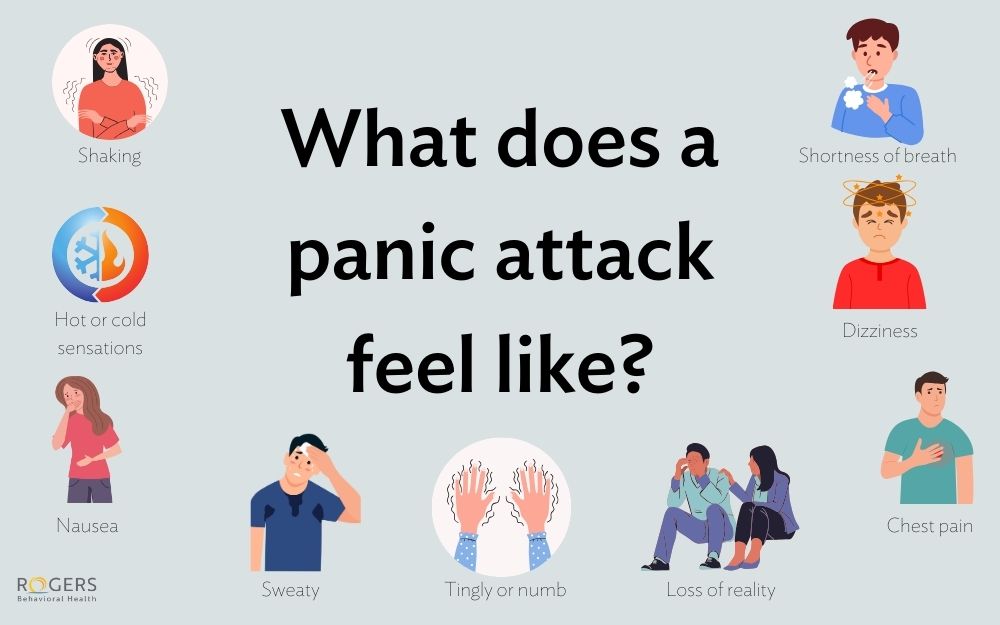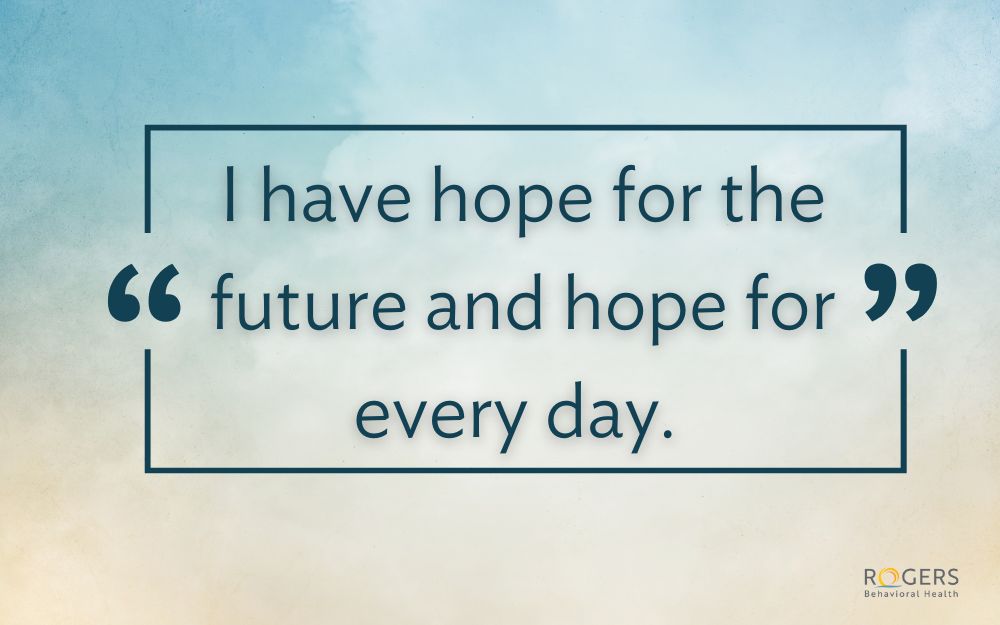How the behavior specialist role sets the stage for a career in mental health
Posted on 05/12/22 11:15:am
Share this article:
At Rogers locations throughout the country, behavior specialists play a crucial role in patient care. Among their many responsibilities, behavior specialists work directly with patients to provide psychoeducation, develop hierarchies and create exposures, communicate with families, and help patients gain independence.
Four key elements of the behavior specialist position that prepare you for a career in mental health
-
Work directly with patients
Behavior specialists spend each day with patients providing therapeutic services under the supervision of the clinical program director. Depending on the Rogers location and level of care, you may help patients with OCD, anxiety, depression, eating disorders, PTSD, or co-occurring mental health and addiction. By working closely with patients, behavior specialists witness the real-time impact of evidence-based treatment.
-
Receive specialized training
A highlight for many behavior specialists is the training they receive as part of Rogers' CBT Academy. Through the CBT Academy, you'll expand your knowledge of cognitive behavioral therapy (CBT) to help your patients succeed.
-
Gain experience with documentation.
Expanding your skills with documentation is critical for your development as a mental health professional. Administrative tasks are a pillar of working in the healthcare field and play an important role in elements such as insurance coverage, outcomes data, improving patient care.
As a behavior specialist, you may be asked to document outcomes assessments, treatment plans, psychosocial information, and other patient care data.
-
Supportive learning environment
As part of Team Rogers, you'll work on a multidisciplinary team with diverse experiences – an ideal learning environment. With the help of this nurturing workplace, you'll gain tools and insights to enhance your skills.
This role requires a bachelor's degree, preferably in human services, psychology, social work, or a related field. See job postings for additional education and training requirements.
Growth opportunities
Behavior specialists gain skills and experience that open many possible career paths. The most common next step for behavior specialists is to become a therapist, with some advancing to the clinical services supervisor role.
Others, like Dr. Brian Kay, have advanced from the behavior specialist role to work in other departments at Rogers.
How to apply
To view and apply for available positions at Rogers locations nationwide, including the behavior specialist position, click here.



